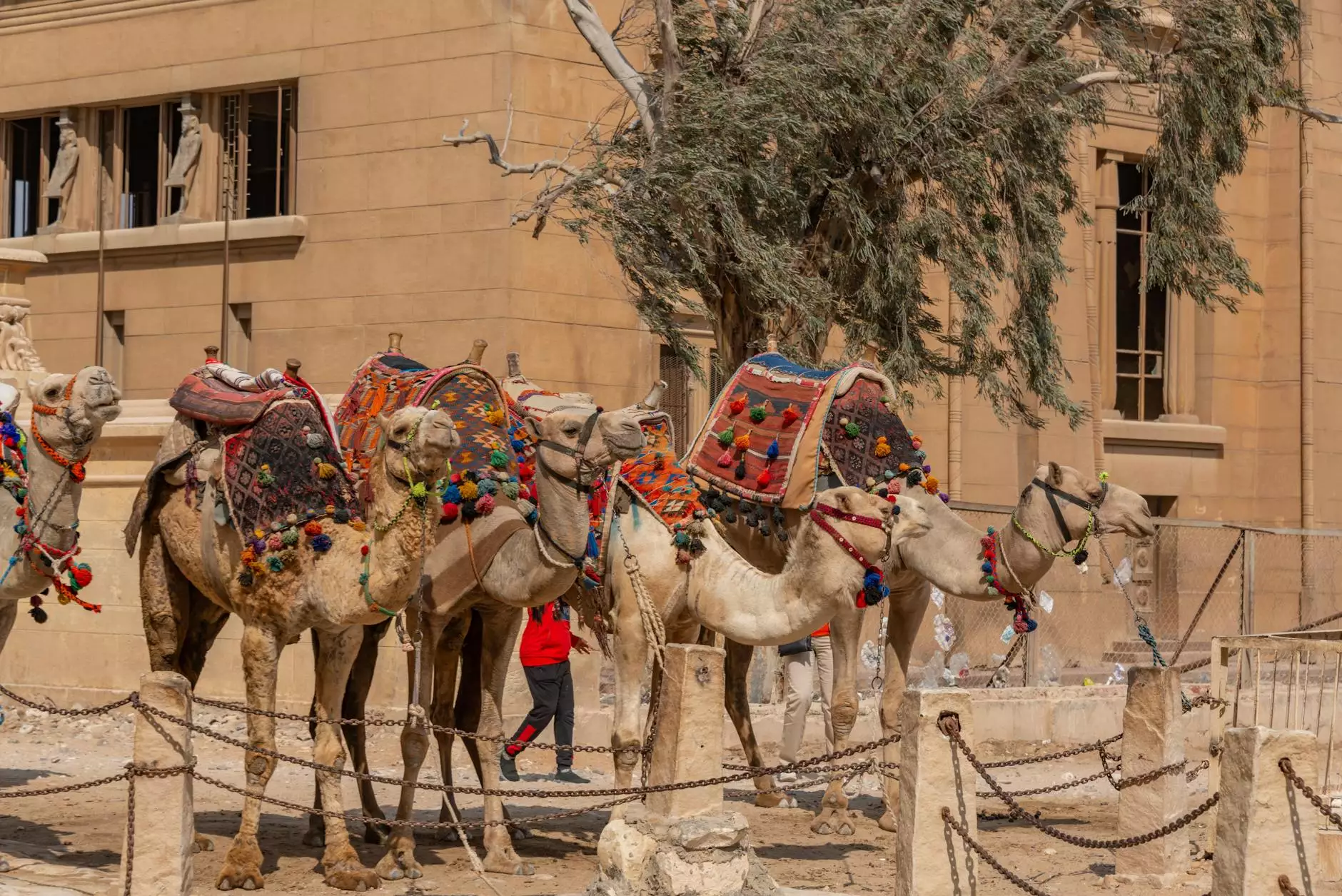Understanding Traditional Marriage in Ibibio Land

Traditional marriage in Ibibio land is a vibrant and intricate aspect of the community's cultural heritage. The Ibibio people, predominantly located in Akwa Ibom State of Nigeria, have a unique array of customs and practices that govern their marriage rituals. This comprehensive article seeks to delve deep into these traditions, highlighting their significance, processes, and the evolving landscape of marriage within this rich culture.
The Significance of Marriage in Ibibio Culture
Marriage holds a prestigious position in Ibibio culture, often seen as a rite of passage into adulthood. It is more than just a union between two individuals; it is a symbolic joining of two families. Below are key points that illustrate the cultural significance of marriage:
- Cohesion and Unity: Marriage fosters relationships between families, strengthening community ties.
- Continuity of lineage: It serves as a means to ensure the continuation of family names and inheritance.
- Religious and Cultural Identity: Marriage rituals are steeped in spiritual beliefs, reflecting the community’s history and values.
Stages of Traditional Marriage in Ibibio Land
The process of traditional marriage in Ibibio land can be broken down into several stages, each with its significance and cultural intricacies. The main stages are:
1. Courtship
Dating customs in Ibibio culture may vary, but traditionally, courtship is a period for the couple to build a relationship. During this time, family introductions may take place, laying the groundwork for a deeper connection.
2. Marriage Proposal
The formal request for marriage involves a man seeking the approval of the woman’s family. This request can include traditional gifts that signify the seriousness of his intentions.
3. Bride Price Negotiation
This is a crucial aspect of traditional marriage in Ibibio land. The groom's family negotiates the bride price—a monetary or material compensation offered to the bride's family. This reflects the value placed on the woman within her family and society.
4. The Marriage Ceremony
The actual marriage ceremony is filled with color, music, and traditions. Families come together to celebrate with feasting, dancing, and the exchange of gifts. This vibrant affair not only signifies the union of the couple but also a celebration of their families and community.
Rituals and Customs of Ibibio Marriage
The rituals performed during traditional marriage are deeply significant and often laden with symbolic meanings. Here are a few key customs:
- Traditional Attire: The bride typically wears an elaborate outfit made from brightly colored fabrics, symbolizing purity and wealth. The groom also dons traditional attire, often complemented by ceremonial accessories.
- Introduction Ceremony: This ceremony includes family introductions, emphasizing the importance of family approval and blessing for the marriage.
- Dancing and Drumming: Music and dance play critical roles in these celebrations, with traditional drumming accompanying various rites, signifying joy and community involvement.
The Role of Elders in Ibibio Marriages
Elders in the community play an essential role in guiding and officiating marriage ceremonies. Their wisdom and experience are respected, and their presence adds a layer of authority. They assist in:
- Negotiation Processes: Elders often help mediate bride price discussions, ensuring fairness and tradition.
- Conducting Rites: Many traditional rites are carried out by respected community members, lending legitimacy to the proceedings.
- Pushing for Responsiveness: They remind couples of the responsibilities that come with marriage, stressing the importance of unity and cooperation.
Modern Influences on Traditional Marriage
As with many cultures, traditional marriage in Ibibio land is not immune to external influences. Modernity has introduced several changes, including:
- Education and Career: Many young Ibibio women are seeking education and careers, leading to a shift in traditional timelines for marriage.
- Interfaith and Intercultural Marriages: There is an increasing trend of interfaith and intercultural marriages, prompting discussions on how to blend different customs and beliefs.
- Social Media and Globalization: The rise of social media has altered perceptions of marriage, leading to a blend of traditional and contemporary practices.
Challenges Facing Traditional Marriage Practices
While traditional marriage remains an integral part of Ibibio culture, several challenges have arisen:
- Changing Societal Norms: As societal expectations evolve, some traditional practices are becoming viewed as outdated or unnecessary.
- Economic Pressures: The financial burden of elaborate ceremonies can deter couples from participating in traditional practices.
- Litigation and Legal Complexities: With the rise of modern legal systems, some aspects of traditional marriages may conflict with statutory laws.
Conclusion
In summary, traditional marriage in Ibibio land is a celebration of culture, family, and unity. It reflects the rich heritage of the Ibibio people and exemplifies their values and beliefs. Despite the challenges posed by modern influences, the core elements of these traditions remain a testament to the resilience of the Ibibio culture. By understanding and appreciating these practices, we can help preserve the unique identity and essence of Ibibio marriage for future generations.
Further Resources
For those interested in learning more about traditional marriage in Ibibio land and other cultural practices, consider exploring the following resources:
- Research on Ibibio Marriage Traditions
- Cultural Practices of the Ibibio People
- General Overview of Nigerian Marriage Customs









